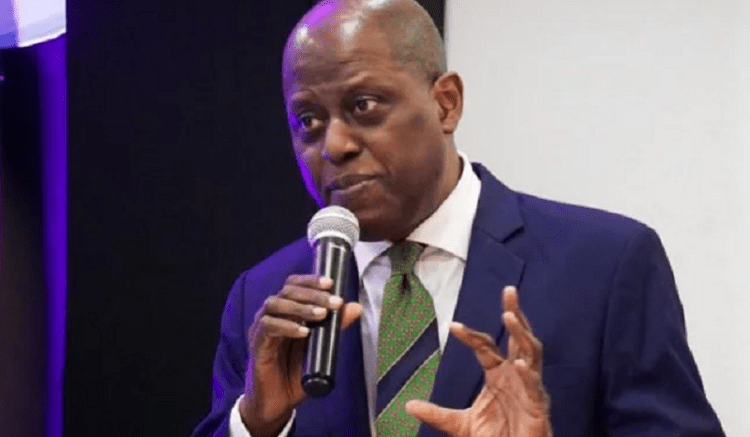Nigeria’s currency (naira) plummeted to an all-time low of N1,416 per dollar in the parallel market, reflecting a 15.19% year-on-year depreciation from N1,200 at the beginning of the month.
The decline is attributed to strong demand and shortages, with traders hoarding available dollars.
“Some people are hoarding the dollars, waiting for when the demand will be high. Again, the market is uncertain about the next government action,” remarked a trader named Aliu.
At the official foreign exchange market, the naira weakened by 0.41%, with the dollar quoted at N882.24 on Wednesday, compared to N878.61 the previous day at the Nigerian Autonomous Foreign Exchange Market (NAFEM), according to data from FMDQ.
During intraday trading, currency dealers quoted the dollar at N1,313 (high) and N700 (low). Although rates were stronger than those quoted on Tuesday, the daily foreign exchange market turnover slightly declined by 3.18% to $56.60 million on Wednesday.
READ ALSO: 5 Reputable Real Estate companies that make tenants landlords
Governor of the Central Bank of Nigeria, Olayemi Cardoso, declared the naira undervalued and emphasized the bank’s commitment to stabilizing the currency through genuine price discovery. Speaking at the launch of the NESG 2024 Macroeconomic Outlook report, Cardoso highlighted a coordinated approach with fiscal measures to expedite genuine price discovery and achieve a more balanced and stable exchange rate.
He emphasized that the coordinated effort, including initiatives funneling all foreign exchange inflows through the Central Bank, would enhance the bank’s FX flows and contribute to reserves accretion.
READ ALSO: Naira falls to N1,300/$
Cardoso attributed the expected stability in the foreign exchange market for 2024 to the reduction in petroleum product imports and the recent implementation of a market-determined exchange rate policy. He emphasized that these reforms aim to streamline and unify multiple exchange rates, fostering transparency and reducing arbitrage opportunities, ultimately boosting investor confidence and attracting foreign investment to Nigeria.



